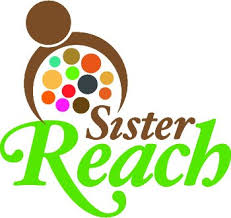A note from Ashley Peterson, Faith in Women Director:
In February 2019, Faith in Women sent a newsletter focusing on Caring for Ourselves in Troubling Times. At that time our concern was the wave of abortion bans sweeping many states, including Mississippi, and we hoped to offer support to our friends and colleagues on the front lines of the fight for reproductive health, rights, and justice. We wanted to remind you that you are worth caring for, too.
And now it’s March 2020. The fight against reproductive oppression continues to be unrelenting, but now we’re doing this work against a backdrop of a global pandemic — and all the fear, uncertainty, and disruption that comes with it. Our work for justice is more important than ever, even as our priorities shift to meet the needs of our families and communities during this time of crisis. Courageous ones, in taking care of the world don’t forget to take care of yourselves — body, mind, and spirit. Below we offer a few reminders and resources for the days ahead, and please reach out to us if there’s any way we can support you or your work.
In love and solidarity,
Ashley

It’s ok to be afraid.
The global and national statistics on COVID-19 paint a serious picture, and fear is an understandable response. We don’t know how long this is going to last or the severity of what’s to come.
What we do know is that Mississippians are resilient. We have survived many crises. And we have many resources available to manage the stress, fear, and anxiety that permeate our lives right now. Here are a few:
A Global Coronavirus Healing Meditation
A Coronavirus Meditation with Lizzo
Therapy for Black Girls Podcast Session 145: Managing Anxiety About Coronavirus
Meditation apps like Headspace (free and paid versions available)
It’s ok to rest.
The American ethos of productivity and perfectionism will be severely challenged in the coming days of social distancing and isolation. Tricia Hersey is the Nap Bishop; her work at The Nap Ministry (@thenapministry) shows us that all humans are worthy, not only the “productive” ones. “We examine the liberating power of naps. We believe rest is a form of resistance and reparations.” Anyone can and should rest, but the practice of rest is especially meaningful and powerful for those most affected by systemic oppression.
Taking time to rest is an essential part of caring for oneself. Embrace the daily rhythm of wake and sleep. Remind yourself that no matter what capitalism tries to tell us, working slowly can mean “careful” and “conscientious” instead of “lazy” or “incompetent.”
Many of us are working from home for the first time, and even experienced work-at-home people are struggling (waves hand). In between wanting to feel connected to the rest of the world through social media and message boards, strategically visiting a store to score some hand sanitizer or groceries, or checking out the news for the latest pandemic updates, focusing on work and “business as usual” feels impossible.
Here are some things to try:
Make a list.
Do one thing at a time.
Give yourself a deadline.
Incorporate rest into your schedule.
Try a dance or laundry break every hour.
If you are trying to work and also taking care of children, lower your expectations and hang in there. If you are in a work environment with unrealistic work expectations, do your best and remember that other people are afraid, too, especially bosses. Over-functioning is not the answer, though.
For those of you reading who are pastors, know that this is a unique time in our vocation. As a pastor myself I personally know the weirdness of not being able to be around people when my job consists of largely…being around people. Remember that spiritual leaders are called to quiet and contemplation as well, and make space to encounter the Divine in this strange wilderness. Also check out Pastoring in a Pandemic from Dr. Chaenqua Walker-Barnes. She has realness to offer.
It’s ok to grieve.
As important life and work plans are put on an indefinite pause, we acknowledge the pain and frustration that accompanies cancelling long-anticipated friend and family gatherings, vacations, conferences, fundraisers, and career networking opportunities. This is a loss of social connection, and it’s real. Author and theologian Nadia Bolz Weber tweeted some wisdom about the grief that comes with this loss, calling it “a pandemic of human disappointment.”
We’re all feeling a lot of things right now and the best thing we can do is operate with compassion and care for ourselves and others. Being a listener to another’s grief is such a powerful way to be in relationship with one another. Simply reaching out to a friend and being present can help us heal, even in the midst of this crisis.
Check out the Marco Polo app for video messaging, Skype or Zoom for video group meetings, Facetime if you have an iPhone. Most messaging apps like Messages or WhatsApp have ways to share audio and video messages. Let someone know you care! Look at them in the face while you are checking in. Don’t forget about snail mail. And try a Netflix Party!
It’s ok to be angry.
This pandemic, and our government’s response to it, have brought to the forefront what many of us already know — we live in a nation of horrifying inequality. Our lack of a national infrastructure for effective, affordable healthcare is appalling. The effects of our government’s perpetual gutting of crucial social safety nets are becoming even more evident as millions of people face loss of jobs and income. The racism-tinged statements and actions coming from our President are enraging. Seeing companies and governments quickly make accommodations that they swore were unfeasible or too expensive in the past — such as telecommuting options for employees with disabilities — reveals the often arbitrary and profit-driven nature of these decisions.
As a nation we’ve forgotten – or ignored- our shared humanity and interconnectedness for far too long. There’s a lot to be angry about. The question is: what will you do with that anger?
It’s ok not to know how you feel.
Honestly, some of us introverts aren’t afraid of the prospect of “social isolation” and several weeks without big social and work commitments. Home projects and hobbies sound like a break from the routine of life!
But others, introverted or extroverted, are overwhelmed by the sudden demand of balancing childcare with working from home. Those of us who get our energy from spending time with friends and socializing are conflicted about social distancing and trying to figure out when and how to get those needs met.
Captain Awkward: Advice for Helping Loved Ones and Social Distancing for Extroverts
Parenting During a Time of Physical Distancing
Nevertheless we persist. It is ok to have hope that we can get through this time, together (but not in the same room).
Some more things to carry us through:
Supporting Creators in Need with The Creator Fund
Recipes for Pantry Cooking with Pinch of Yum
NPR: Tiny Desk Concert Playlists
Watch The Good Place on Netflix
#SustainingCommunity Video Series
Additionally, anything NOT on the internet or tv: reading, drawing, dance party. Get creative, and if you aren’t feeling creative, I have enough ideas to last 10 lifetimes, so email me!
We at Faith in Women love you, dear reader! And we are here to give support and encouragement.
Take heart,
Anna

The Reverend Anna Fleming-Jones
Program Coordinator for Faith in Women
@annaflemingjones on IG
anna.faithinwomen@gmail.com email me!
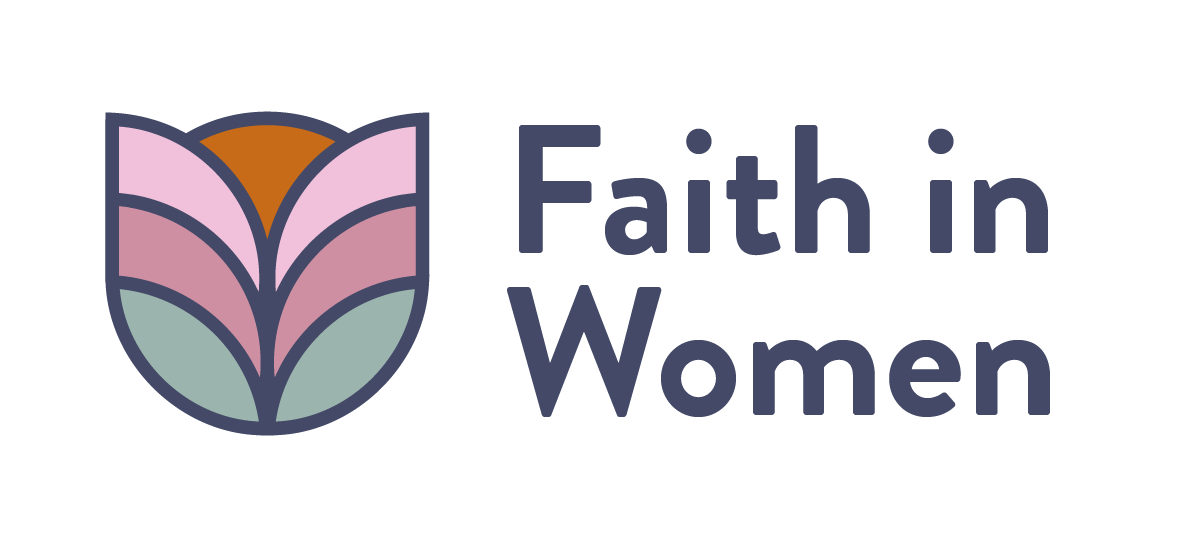




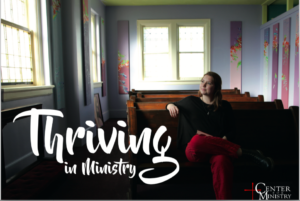
 program called
program called 

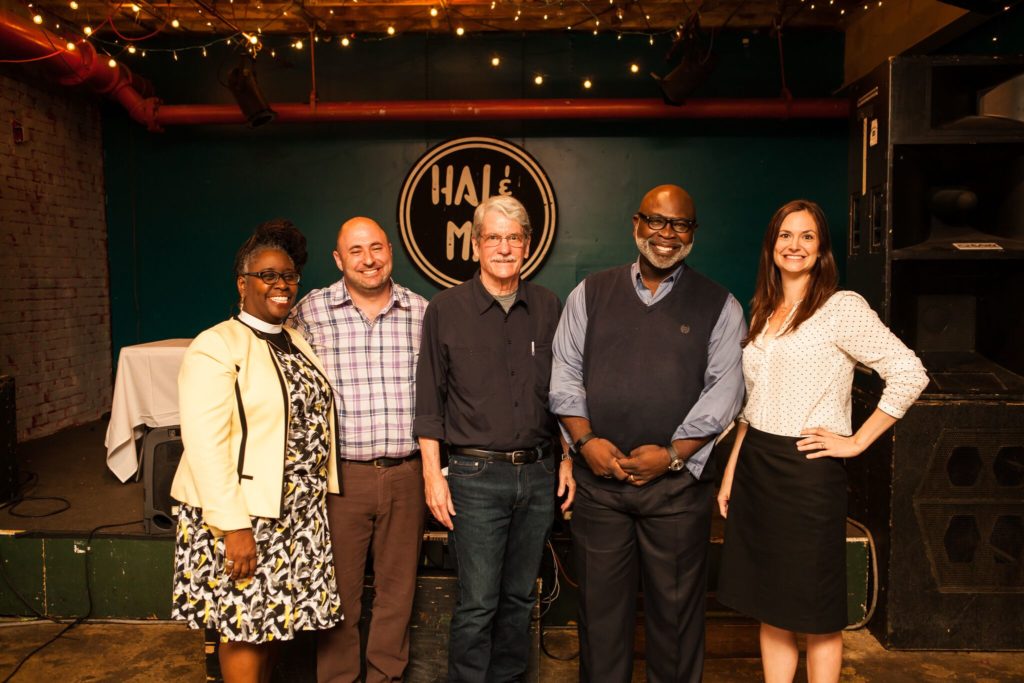

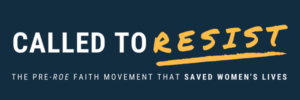

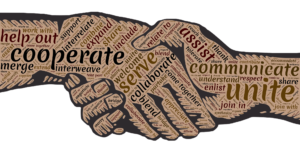 Everyday we’re inspired by the tireless efforts of so many advocates to improve the lives of women, girls, and families in Mississippi and beyond. To honor that work, this month we are highlighting three of our colleague organizations working at the intersections of faith and reproductive health, rights, and justice: Exhale, the Religious Institute, and SisterReach. Read on to learn about their prophetic leadership in these areas, and how you can get involved with their ongoing work.
Everyday we’re inspired by the tireless efforts of so many advocates to improve the lives of women, girls, and families in Mississippi and beyond. To honor that work, this month we are highlighting three of our colleague organizations working at the intersections of faith and reproductive health, rights, and justice: Exhale, the Religious Institute, and SisterReach. Read on to learn about their prophetic leadership in these areas, and how you can get involved with their ongoing work.

